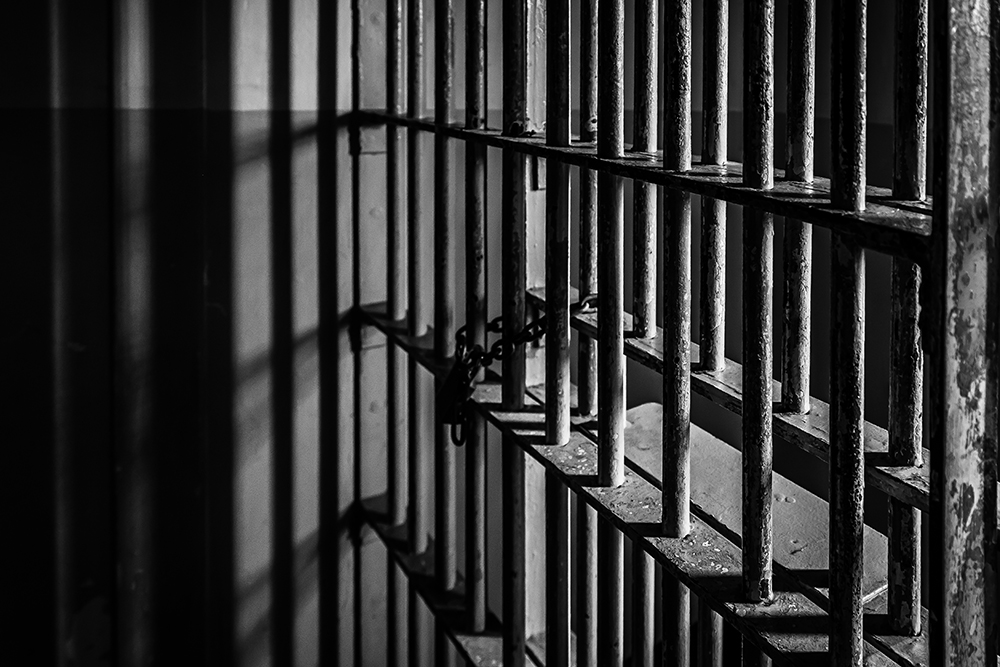AG James Pushes Congress to Go Beyond $40 Billion in President Biden’s $2.3 Trillion Infrastructure Plan to Retrofit Existing Public Housing
AG James Urges Federal Government to Commit Dedicated Fund for Lead Abatement
New York Attorney General Letitia James led a coalition of 14 attorneys general in strongly urging Congress to invest in the nation’s public housing systems. In a joint letter to congressional leadership, Attorney General James and the coalition express concern that the $40 billion in funding for public housing allocated as part of President Joseph Biden’s $2.3 trillion infrastructure plan — although a good start — is insufficient to address the years of neglect and underfunding towards the nation’s public housing systems. The coalition, instead, estimates that the nation’s public housing portfolio requires at least $70 billion for capital needs to return to a good state of repair, growing to $90 billion through 2030. Additionally, Attorney General James and the coalition urge the federal government to commit to providing a dedicated fund for Public Housing Authorities (PHA) that need lead abatement.
“The right to safe and adequate housing is a human right, and our nation’s public housing stock plays a critical role in granting low-income families access to that right,” said Attorney General James. “But adequate housing requires adequate funding, and for far too long, our nation’s policy towards public housing has been one of neglect. The time for change is now. While $40 billion is a good start, it’s simply not enough. We are calling on Congress to renew its commitment to supporting public housing and the individuals that rely on it for stability by finally giving public housing the actual funding it needs and deserves.”
Because of its reach and its ability to serve low-income families that might otherwise become homeless, public housing is a vital resource for cities, neighborhoods, and the 1.2 million families that call it home. In order to keep public housing units affordable for low-income families, federal regulations cap rents at 30 percent of a family’s income. While this cap ensures affordability, the amount of rent collected by the nation’s 3,300 PHAs is insufficient to cover the costs of operating and maintaining the properties they oversee.
When the federal public housing program was created in 1937, it was understood that PHAs would need ongoing operating and capital support from the federal government to close the gap between the rents charged to those in public housing and the actual cost of building operations and maintenance. The amount that each PHA is entitled to receive from the federal government is set each year by the U.S. Department of Housing and Urban Development (HUD) through a formula. However, it is Congress that appropriates money to these funds, and, in most years, the appropriation does not match the total amount that PHAs require for maintenance and operation under the formula.
In recent years, especially, as Attorney General James and the coalition notes, the political will has not existed to fully fund the gap between public housing rents paid and the cost of building operations and maintenance. For example, the amount appropriated by Congress has only matched the need, as stated by HUD, twice between 2000 and 2018, and, in some years, the amount has been less than 85 percent of the need. Further, in the past 10 years alone, the Public Housing Operations budget has been reduced by nearly $1 billion. This has resulted in a massive backlog in necessary repairs and maintenance and has led to deteriorating and damaging conditions for the families living in public housing.
In today’s letter, Attorney General James and the coalition call on Congress to allocate sufficient funds to address the repair backlog, a forward-facing commitment to fund capital funding gaps, and a dedicated fund for lead remediation.
Specifically, the coalition also notes that HUD estimates that 62,000 public housing apartments need lead abatement, but the amount of funding made available to PHAs for abatement has been a mere drop in the bucket. For example, in 2019, $27.8 million was awarded to 38 public housing agencies, but these grants came out of funds, which are already insufficient to meet existing capital needs. Attorney General James and the coalition urge the federal government to commit to providing a dedicated fund for PHAs that need lead abatement to ensure the health and safety of children living in public housing.
Joining Attorney General James in signing the letter today are the attorneys general of Connecticut, Delaware, Illinois, Iowa, Maryland, Massachusetts, Michigan, Nevada, New Jersey, New Mexico, Vermont, Virginia, and the District of Columbia.



